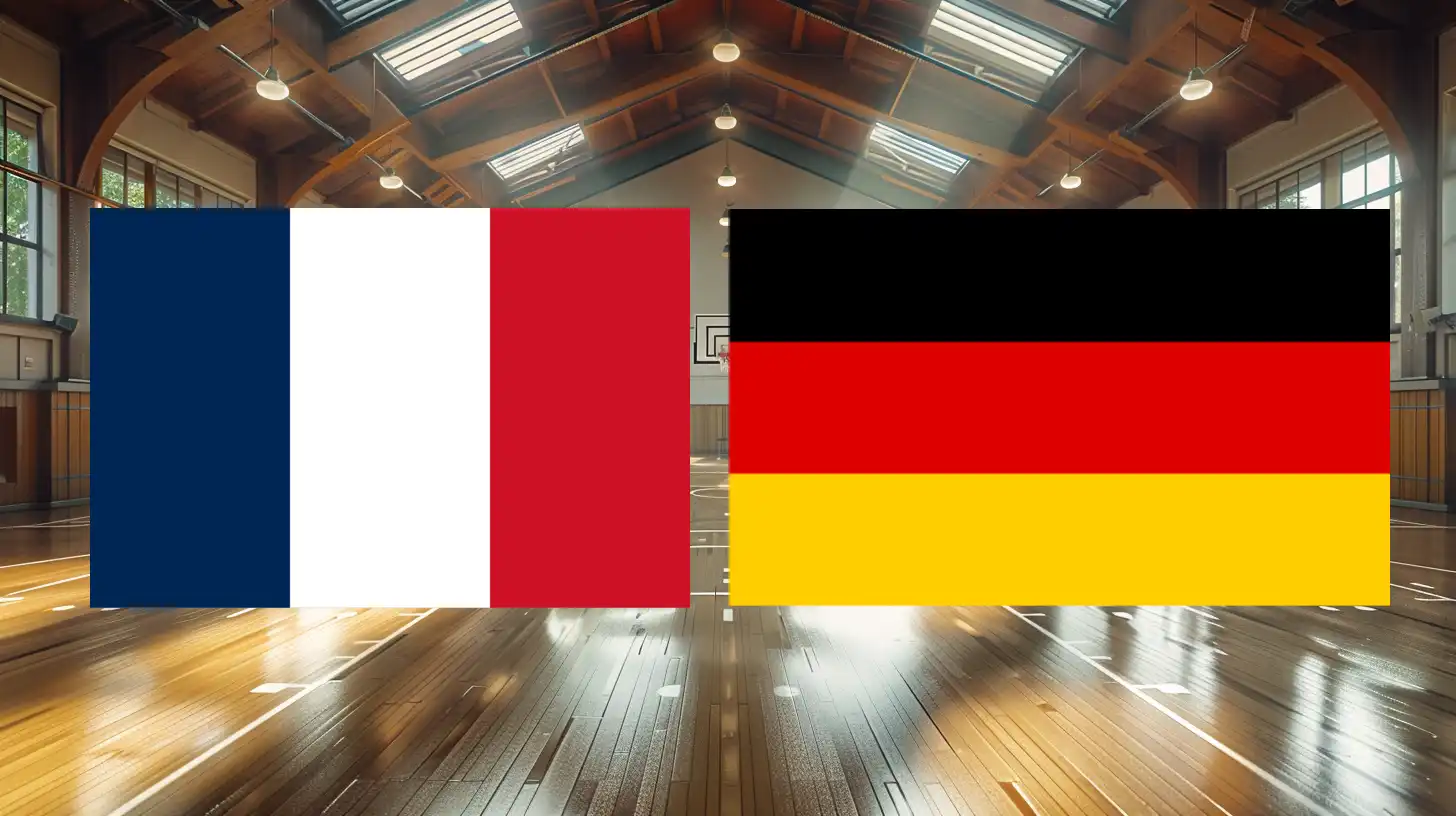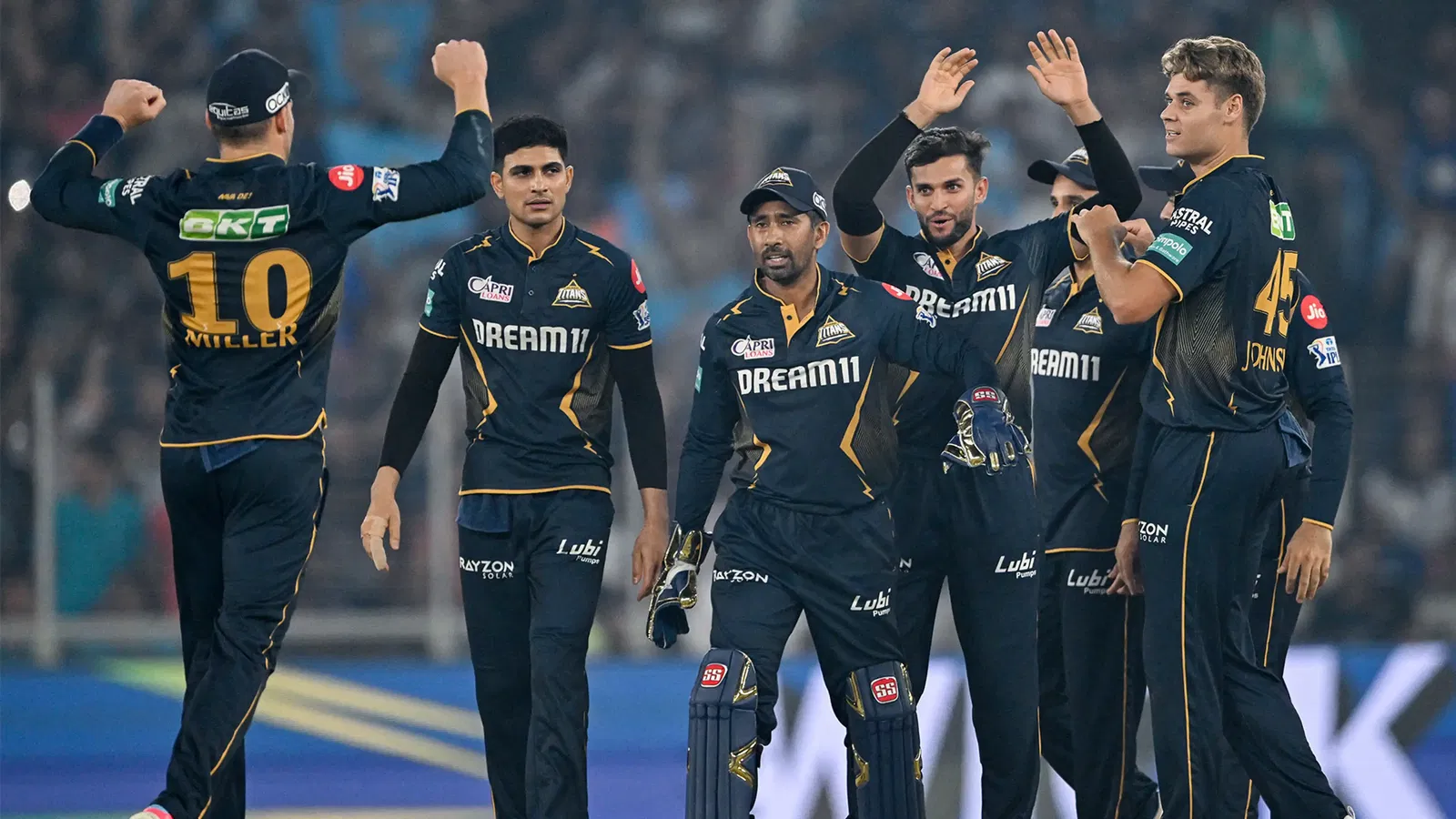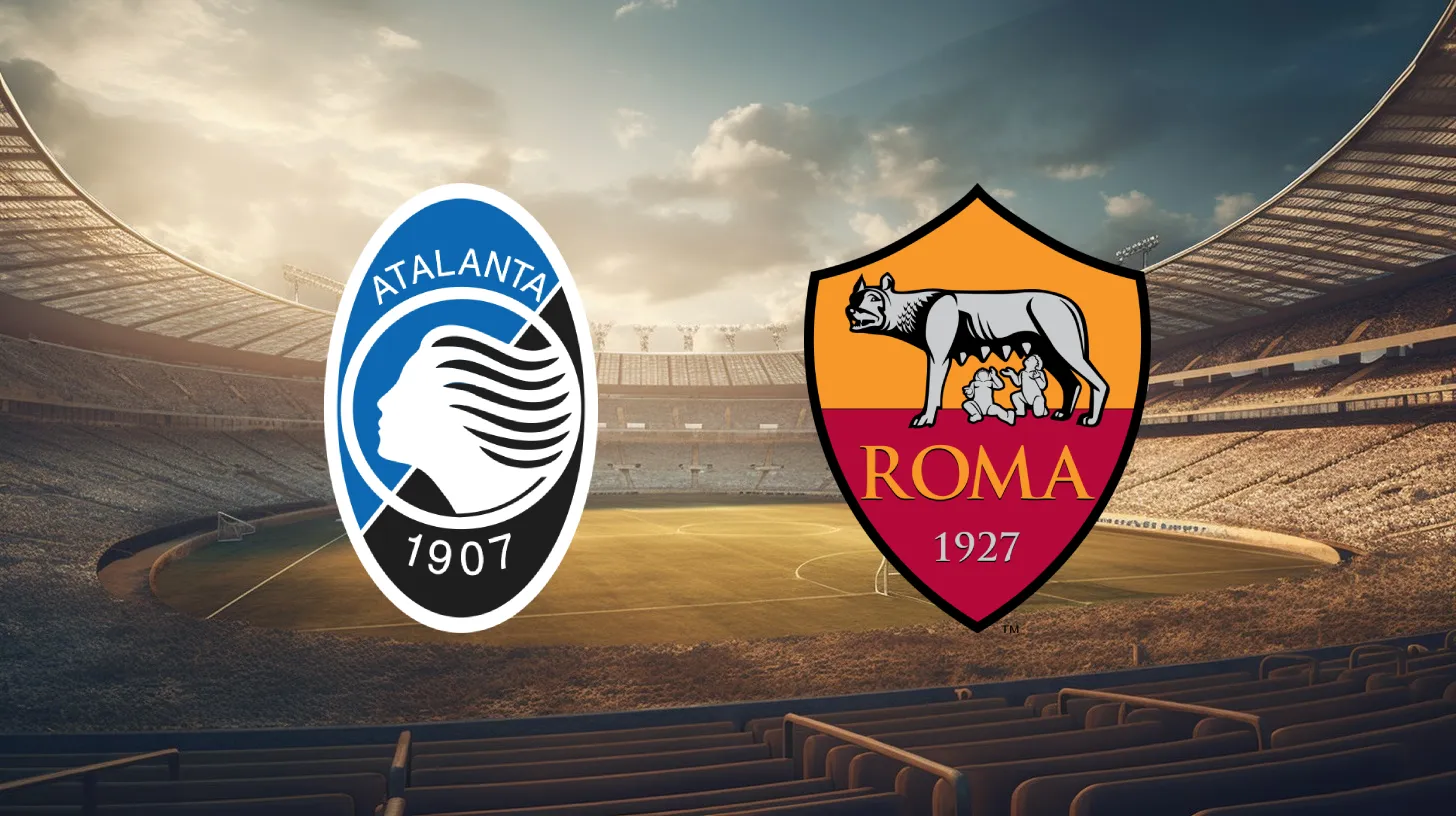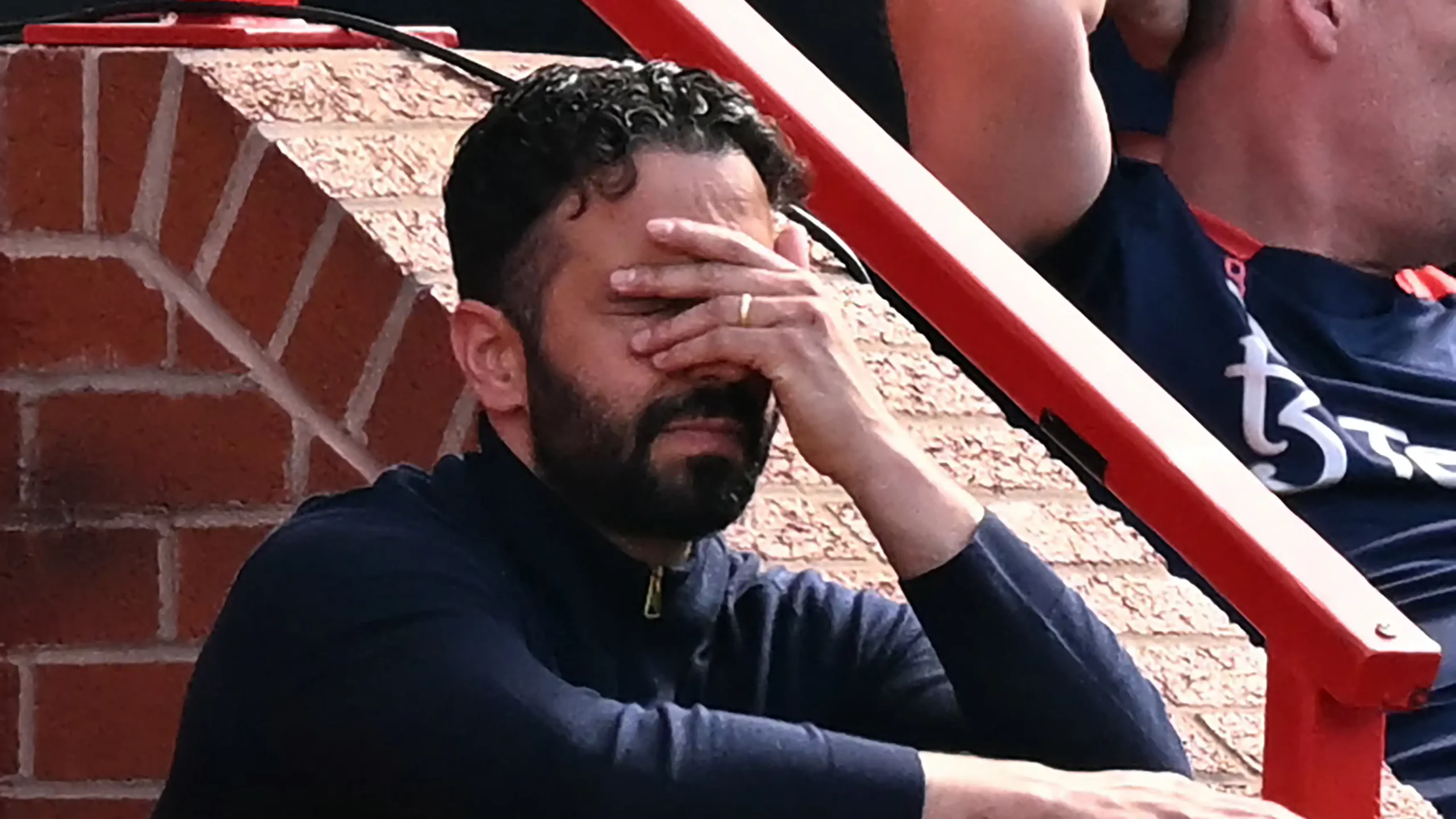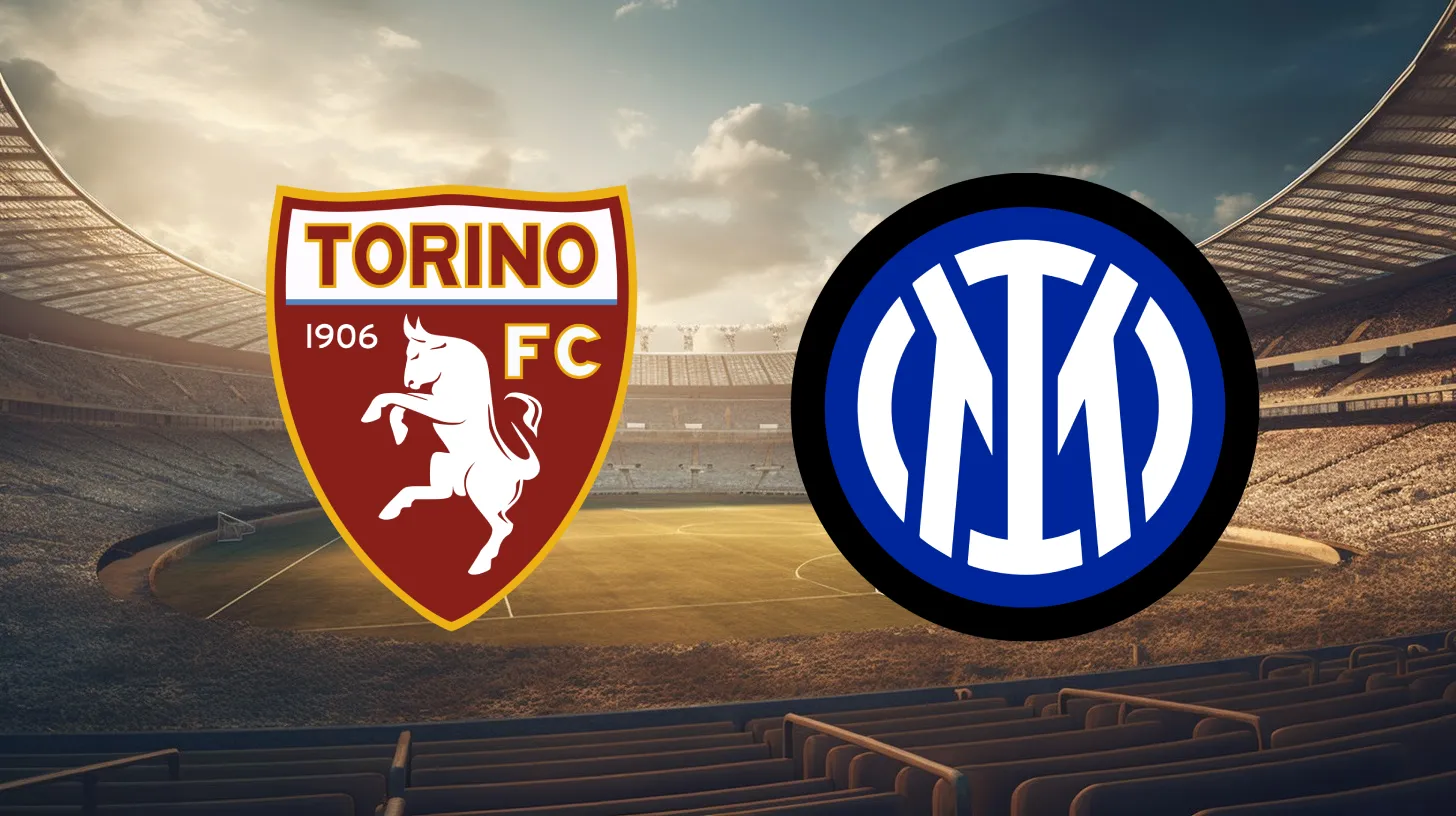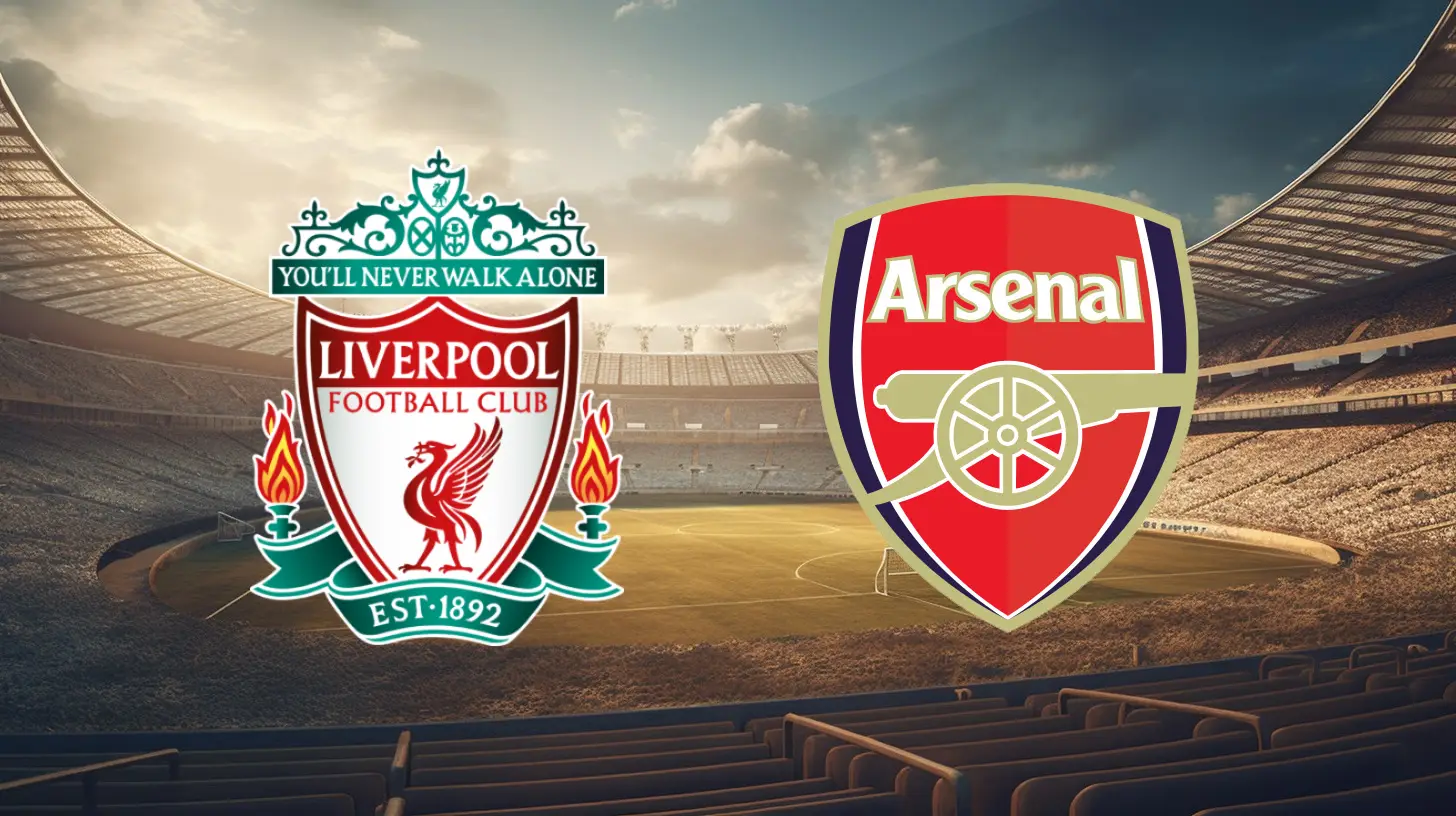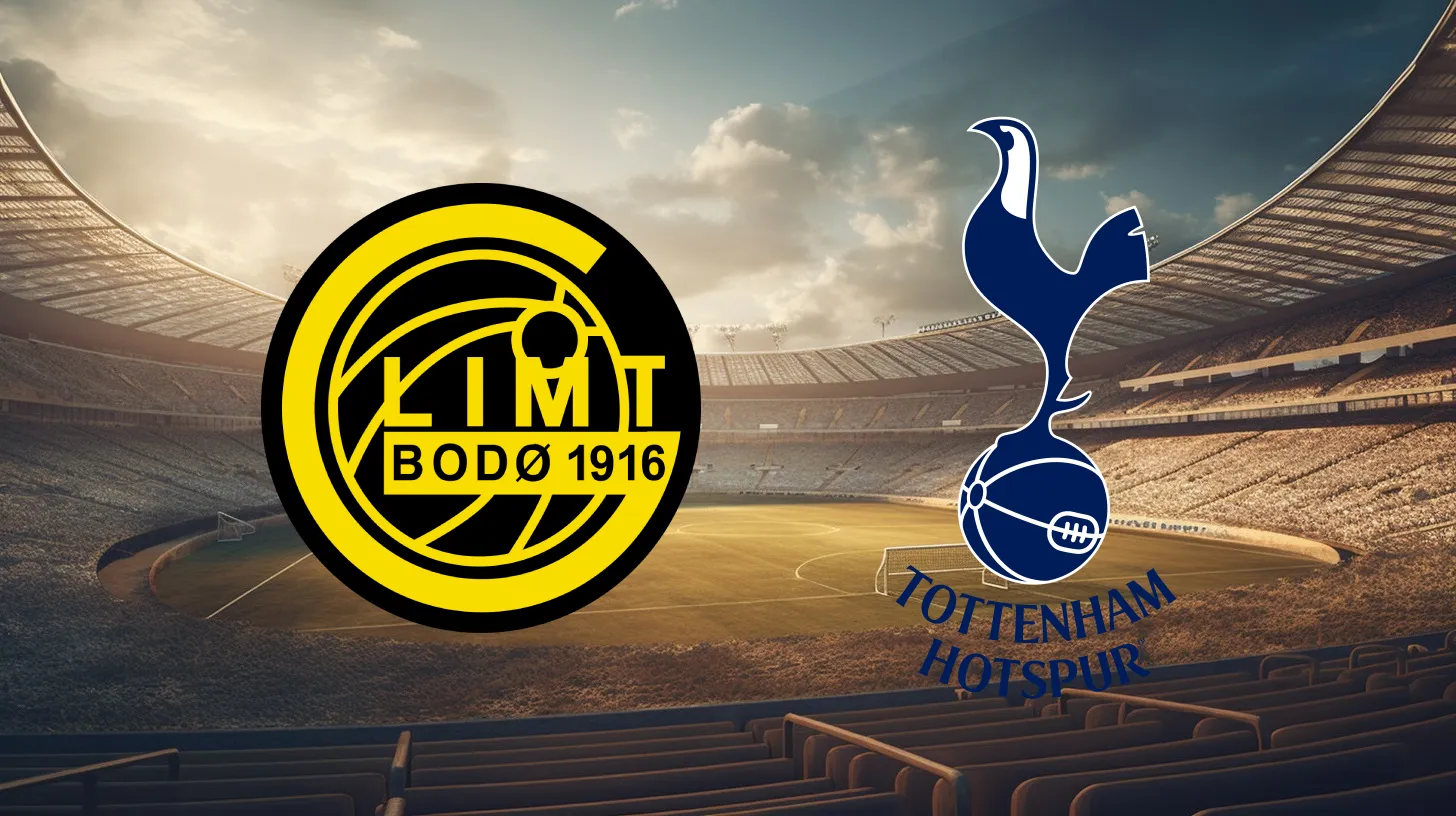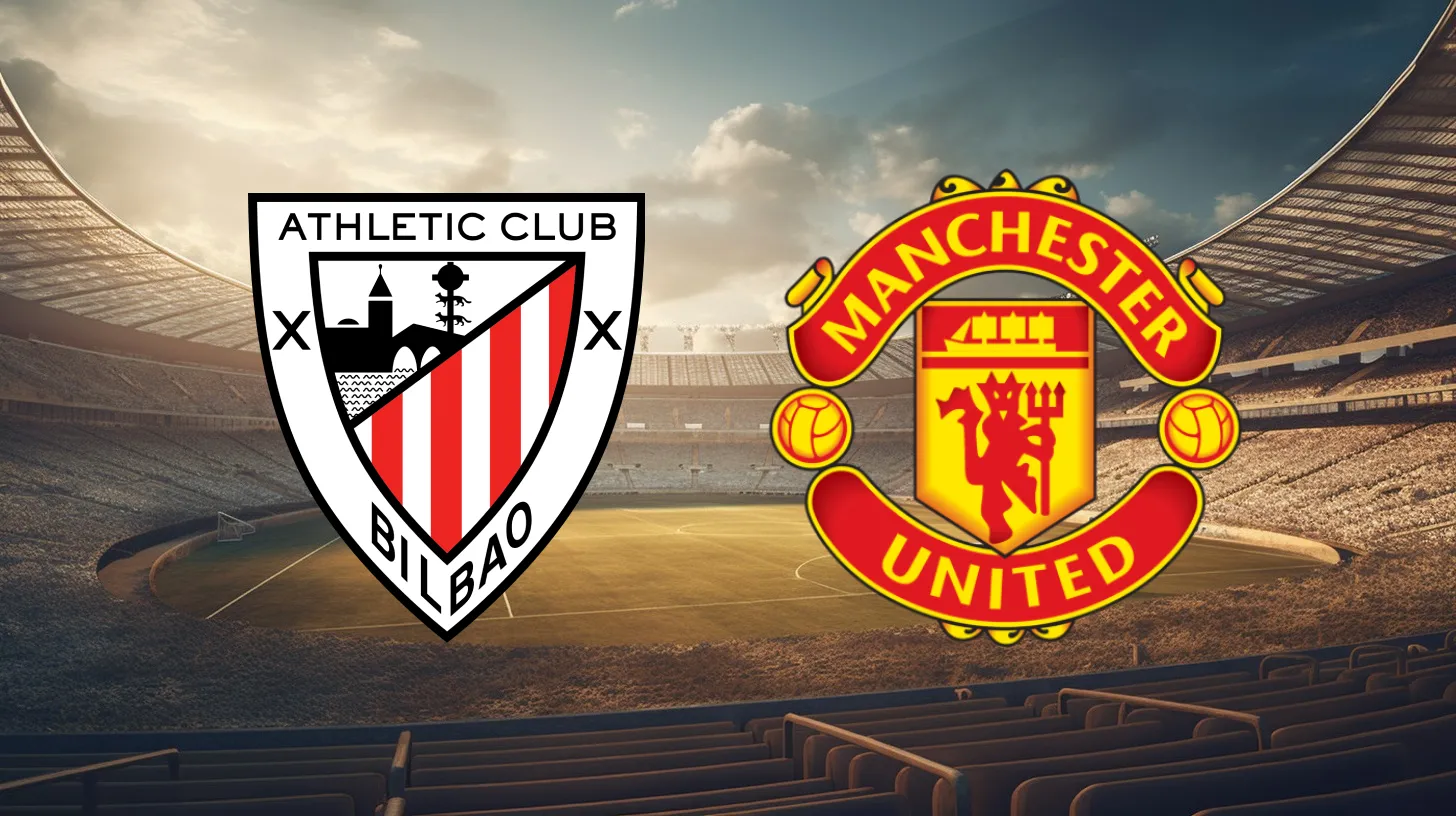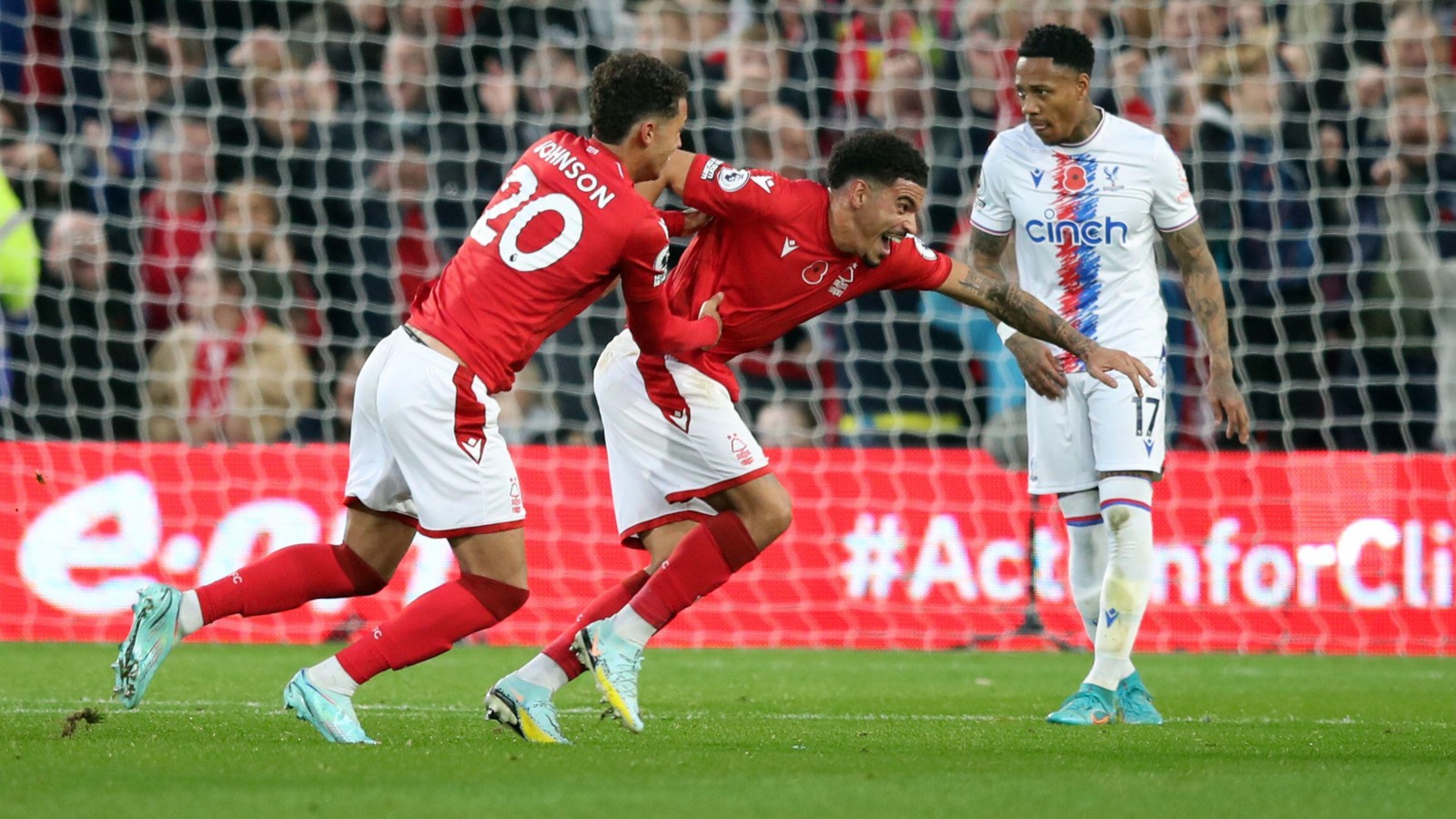Manchester United have reached an unprecedented low under the leadership of Ruben Amorim, with the club suffering a 2-0 home defeat to West Ham—who had not won in their previous eight matches. United now find themselves with just 39 points and sitting 16th in the Premier League table. These numbers are not just concerning—they are historically catastrophic. This is their worst campaign since the 1930–31 season, when they were relegated with 29 points in a 42-match format.
Seventeen league defeats, including nine at Old Trafford, match or exceed some of the darkest moments in the club’s long history. The Red Devils have gone winless in their last seven league matches, drawing two and losing five. The fear factor once associated with Manchester United has completely vanished.
We are beaten at Old Trafford.#MUFC || #MUNWHU
— Manchester United (@ManUtd) May 11, 2025
Amorim Questions His Future and the Club’s Identity
In his post-match remarks, Amorim did not shield himself from accountability. He admitted that if the club begins next season in similar form, he may not be the right person to continue leading the squad. More importantly, he sounded the alarm on something far more troubling: a cultural decline within Manchester United.
“We are losing the feeling that we are a massive club,” Amorim stated, highlighting a lack of urgency, pride, and passion among his players. His comments suggest that the rot runs deeper than just tactics or injuries—it’s a mental and emotional erosion within the squad.
Lack of Urgency and Fight
Amorim’s most damning critique was directed not at individual performances, but at the team’s collective mentality. In the Europa League, he noted, the squad displays focus and grit. But in the Premier League, the same intensity vanishes.
This season alone, United have gone 1-0 down in 12 home league matches, more than any other club except relegated Leicester. That statistic underscores a team that starts slow, lacks urgency, and fails to respond under pressure.
“There’s a lack of urgency when we’re defending our box and when we’re near the opponent’s box,” said Amorim. This sense of complacency, he argues, is what makes United most vulnerable—and it’s what threatens to strip them of their elite status.
Financial Pressures Mount
Despite their poor domestic campaign, Manchester United have one last chance to salvage something meaningful—victory in the Europa League final against Tottenham. A win would guarantee them a place in next season’s Champions League and bring in an estimated £100 million in revenue.
But Amorim downplayed the significance of the final, referring to it as “by far the smallest problem in our club.” His focus is not on continental competition, but on foundational reform. Meanwhile, owners Sir Jim Ratcliffe and the Glazer family are battling over £370 million in financial losses and implementing cost-cutting measures, including staff redundancies and travel restrictions.
These financial challenges are significant. Yet Amorim’s insistence that revenue cannot fix deeper cultural issues paints a bleak picture for fans hoping for a quick turnaround.
Leadership and Vision in Question
The internal atmosphere at the club appears fractured. While Amorim has chosen to be brutally honest, his tone has drawn criticism. Former Liverpool midfielder Danny Murphy questioned the constant negativity in the manager’s public statements, arguing that leaders should be more solution-focused to uplift morale and inspire belief.
However, Amorim’s outlook may be grounded in realism. He is confronting a truth that many have long suspected: Manchester United are no longer feared, and without radical change, they risk becoming permanently unmoored from their legacy.
United at a Turning Point
This season has become a defining chapter in Manchester United’s modern era. The data alone tells a harrowing story—historic defeat totals, a crumbling home record, and the erosion of competitive desire. But more than the numbers, it’s the loss of identity that cuts deepest.
Unless Manchester United undergo a full-scale reset this summer—rebuilding their squad, reshaping their culture, and re-establishing their values—they risk falling even further behind their rivals. The club once synonymous with resilience, pride, and dominance must now confront its most painful truth: those days are gone, and only bold, immediate action can bring them back.
Place your bets at JitaBet, JitaWin, and Jita88, they offer really good odds, play and win big!
🚨 Rúben Amorim: “I feel embarassed when looking at the Premier League table”.
— Fabrizio Romano (@FabrizioRomano) May 11, 2025
“For me it doesn't matter if we win the Europa League because the problems are much bigger than that”. pic.twitter.com/mMGyKYsmRs
Conclusion
Manchester United stand at a pivotal crossroads—one that demands more than a new manager, a star signing, or a temporary boost from a European trophy. The numbers lay bare a catastrophic season, but the deeper concern lies in the erosion of the club’s identity, ambition, and psychological edge.
Ruben Amorim’s honesty—however uncomfortable—has exposed systemic failures that cannot be solved by quick fixes. Without a comprehensive overhaul of mentality, structure, and leadership, Manchester United will continue to drift further from their historic status as a powerhouse of world football.
The summer ahead will define not only the club’s next season but its future for the next decade. United must rediscover who they are—or risk becoming a cautionary tale of wasted legacy in the modern era of football.

